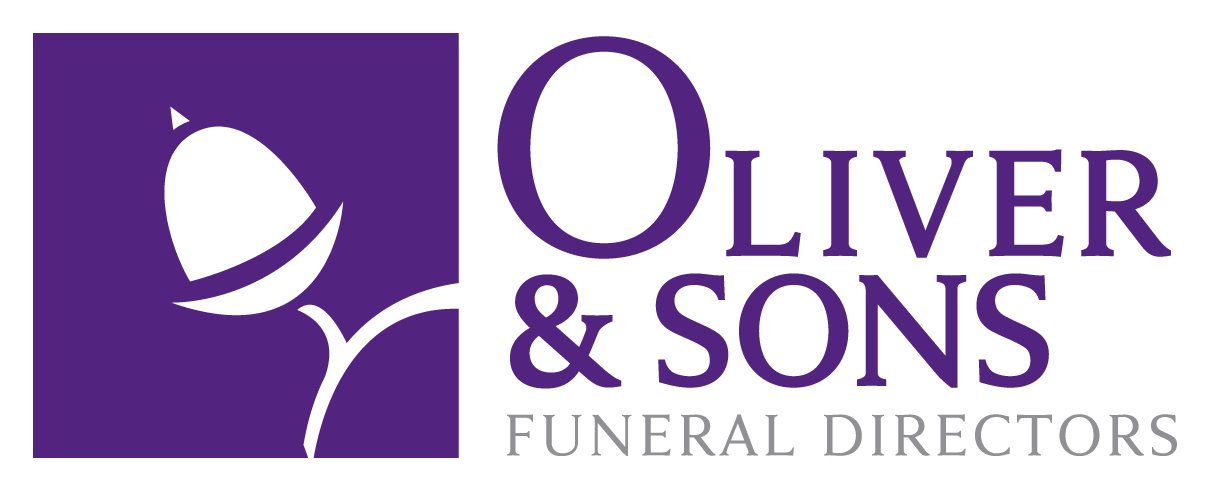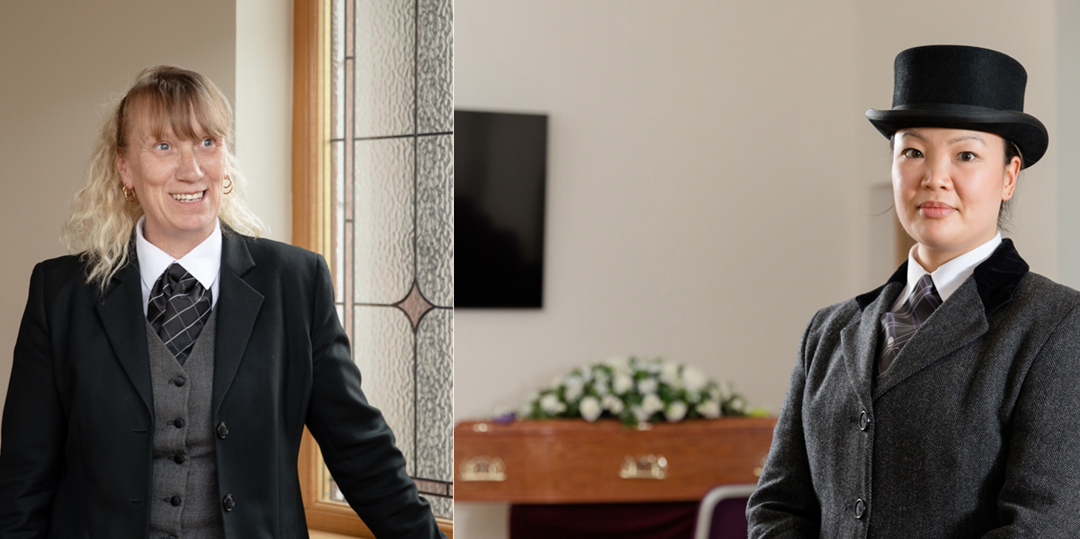In a profession that’s been traditionally male dominated, we’re shining the spotlight on two of our funeral directors, Sharon Laing in Inverurie in Aberdeenshire and Kim Ramshaw from Monkseaton, North East England.
Neither set out to be a funeral director but their respective careers in care and a local Council’s bereavement team gave them a rare insight into this sector. “We care for people when they’re at their most vulnerable and in turn, they trust us to care for their loved ones” says Sharon. Kim adds: “It’s as rewarding as it is demanding. No two days are the same because no two families are the same, but every funeral we arrange is special and important.”
Given the dominance of men in the funeral industry, the ladies were asked to identify the challenges they faced being a woman in this field over the years. The most common challenge is the assumptions people make when they first meet them. For example, when arranging to take someone who has died into our care, they work in pairs. If they’re accompanied by a man, the family often direct their questions to the man assuming he’s in charge. “It’s never malicious, just a bit old fashioned” says Kim.
Another example is the presumption women need assistance with heavy lifting or physically demanding tasks. Says Kim: We pull our weight and take an equal share in all the tasks all funeral directors have, no matter how strenuous they may be.”
Do they think the funeral industry is evolving when it comes to women? Sharon replies: “There was early scepticism about women in these roles. Over time, perceptions have shifted, and the more customer contact I have, clients increasingly recognise and value my capabilities.”
Kim points out that role models matter too. “I worked closely with another female FD and it had a meaningful impact on how I perform my role. In the last decade, William Purves has almost tripled the number of female FDs in the company so it’s a positively changing picture.”
Asked if there were unique qualities women brought to the funeral sector, both agreed that empathy and multi-tasking were particular strengths that a funeral director needs. Sharon says: “I believe women bring heightened empathy to the sector. When dealing with grieving families, I strive to understand their feelings and often find families more open to sharing with me compared to my male counterparts.”
Kim adds: “We take time to make proper connections with our families. We’re here to do a job, but we have to earn their trust and that means putting them first always, especially as each funeral and family is different. Sometimes, it’s easier for the families to have a woman in front of them.”
In terms of advice to share with young women aspiring to join the funeral services sector, both agree it’s important to: “Go into it with an “I can do this job just as well as anyone” attitude. Be proud of the qualities you bring both to the families you serve and the colleagues you work alongside.”
Sharon concludes: “You know, I wish I’d done this job 40 years ago. If you’re interested in a career in funerals, join a company like ours which sets the tone in managing equality, fairness and culture as not every funeral director is the same.”
#InspireInclusion
#IWD2024



